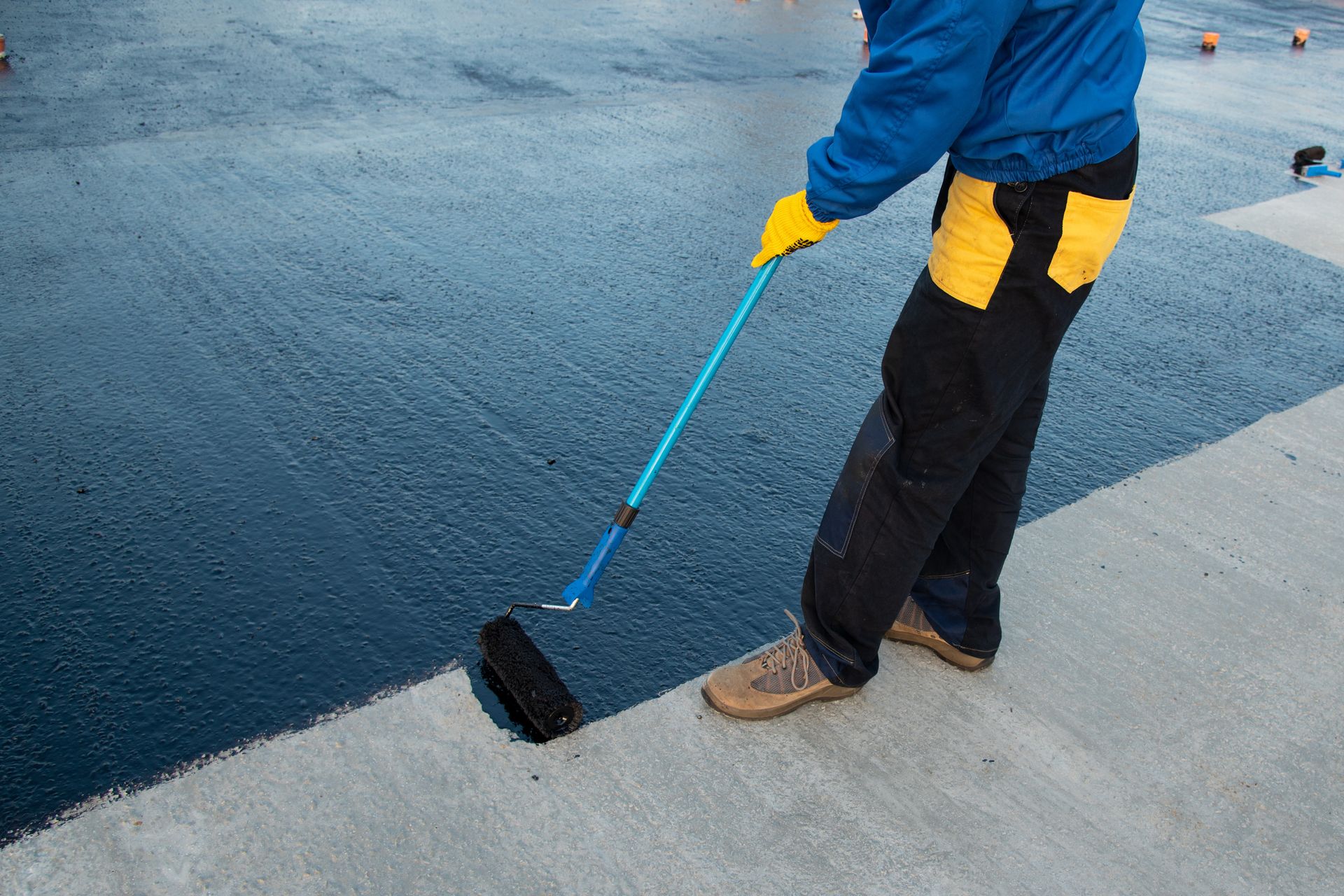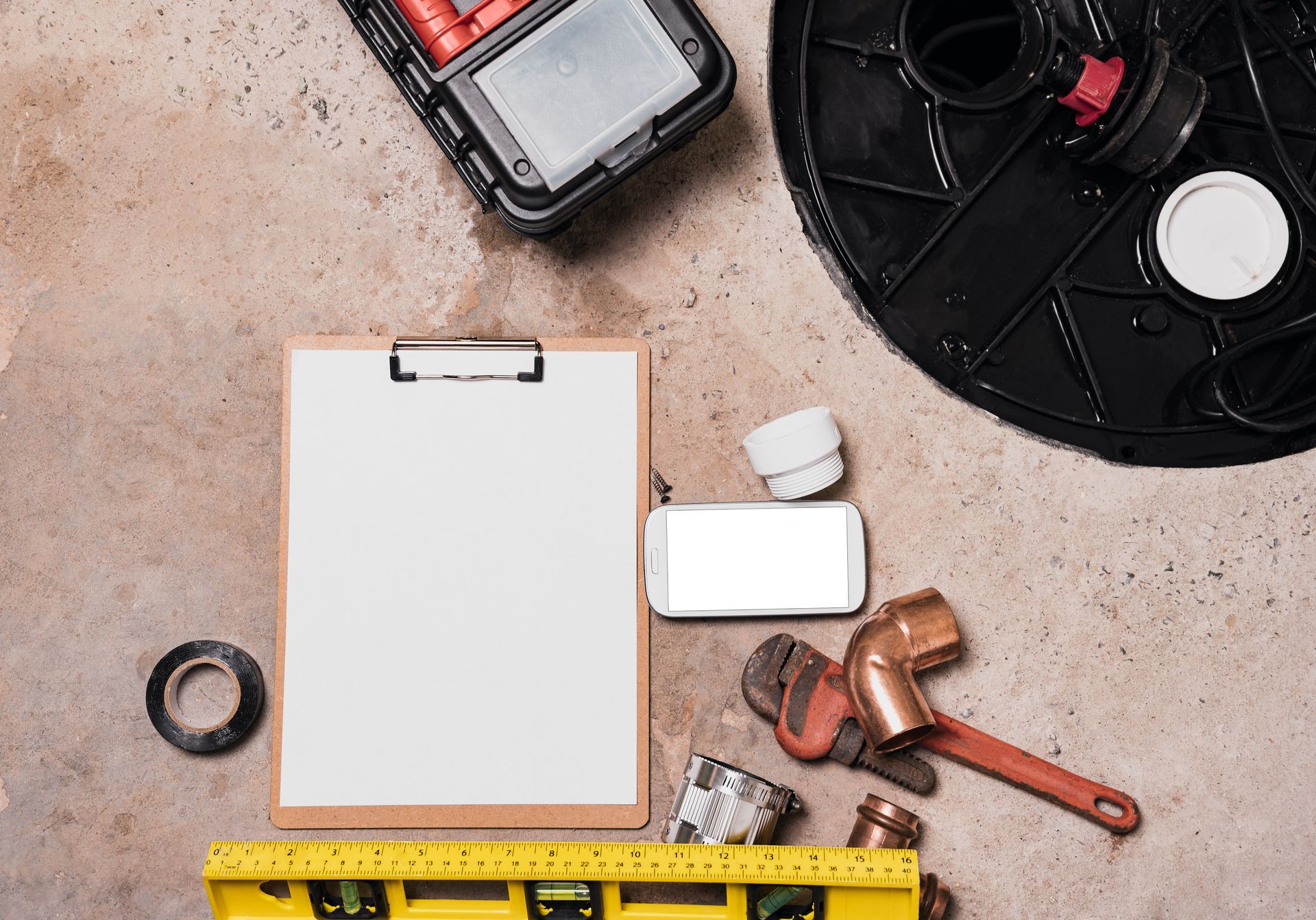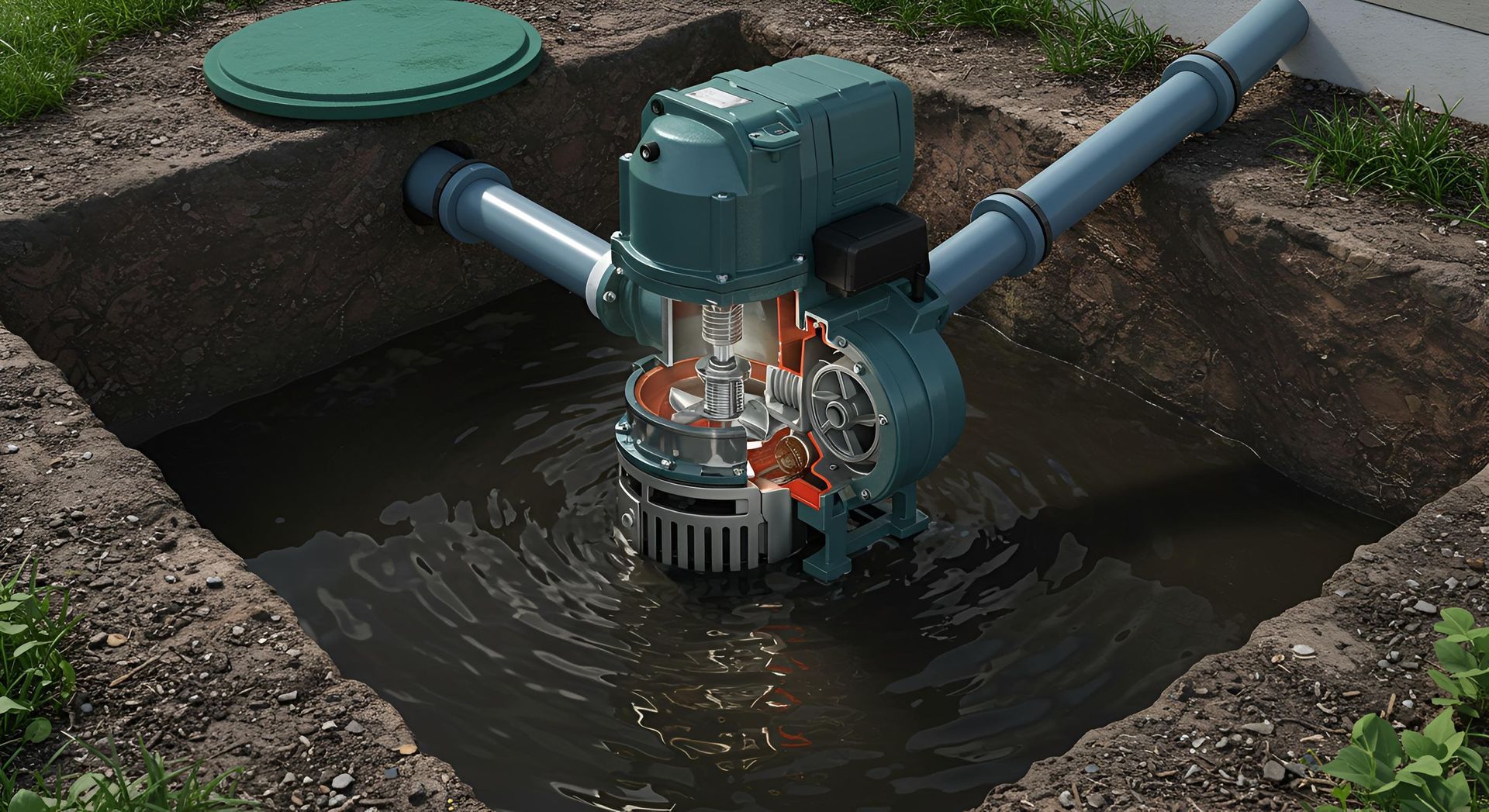THE DO'S AND DON'TS OF SUMP PUMPS
Does your home need a sump pump? This popular waterproofing device can stop a basement flood and reduce the risks of damage. If this is your first experience with a damp basement or waterproofing solutions, take a look at the do's and don'ts of sump pump installation and management.
Do Start With a Professional
Sump pumps aren't devices or appliances a novice should choose or install on their own. Improper installation can result in a partial or full pump failure. This allows water to remain in your home's lowest level and can cause serious damage — especially if you think the pump is working.
The top reasons to hire a pro to install a sump pump include:
- The drain. Chances are a sump pump on its own isn't enough to adequately stop a water or moisture problem. Your home may also need a French drain or another similar drainage system to divert the water away from the foundation and into the pump which a pro can help with.
- The type of pump. Which sump pump is the right choice for your home? The two primary pump types are submersible and pedestal. Each type has pros and cons that a pro can help you navigate. These include efficiency, effectiveness, price, and ease of maintenance.
- The basement floor. A sump pump (and an accompanying drainage system) needs to go under the basement or lower level floor. For many homeowners, this means breaking through concrete. If you have no experience with this type of job and don't own a jackhammer, leave the installation to the pros.
Before you start the pump installation process, make sure your would-be future waterproofing professional has extensive experience and knowledge in this area. The contractor should have verifiable references from real past or present customers. While every pro needs to get their start somewhere, you shouldn't become their test subject.
Don't Discharge the Pump Incorrectly
Where does the water go after it moves through the train system and the sump pump? Unlike your washing machine's drain, this home appliance shouldn't discharge into the basement sink, similar basin, or directly into the main sewer line. Your local city or municipal wastewater rules may prohibit this practice.
The household wastewater that drains into basement basins and through the sewer main is different from the groundwater or rainwater that a sump pump forces out. Most municipal groundwater or rainwater systems are separate from sewage systems. Instead of sending expelled water to a sewage treatment facility, municipal systems typically divert groundwater and rainwater elsewhere.
Beyond this difference, sump pumps release more water than a sink or tub might. While your home's pumped rainwater may not overwhelm the municipality's sewer system, a rush from several homes' systems after a storm may. The combination of different types and higher amounts of water makes it necessary to move the discharge pump to a separate area.
Do Maintain the Sump Pump
After a professional waterproofing contractor installs the sump pump, you need to take over the appliance's maintenance. Again, different types of pumps have different levels of maintenance needs. But all require some care.
A sump pump requires an electrical source. If your pump doesn't turn on, the first step is to make sure the receptacle and cord are in proper working order. Along with the outlet, you may also need to check the circuit breaker or fuse.
Even though your pump may not have obvious issues such as an electrical problem, it still needs regular inspection and care. The pump should sit upright and its float ball should move easily. The discharge pipe should allow water to freely flow out of the pump. If it doesn't, the pump could have a blockage. Call a waterproofing professional as soon as possible to avoid an overflow issue.
Are you ready to install a new sump pump? Contact Rite-Way Waterproofing for more information.





